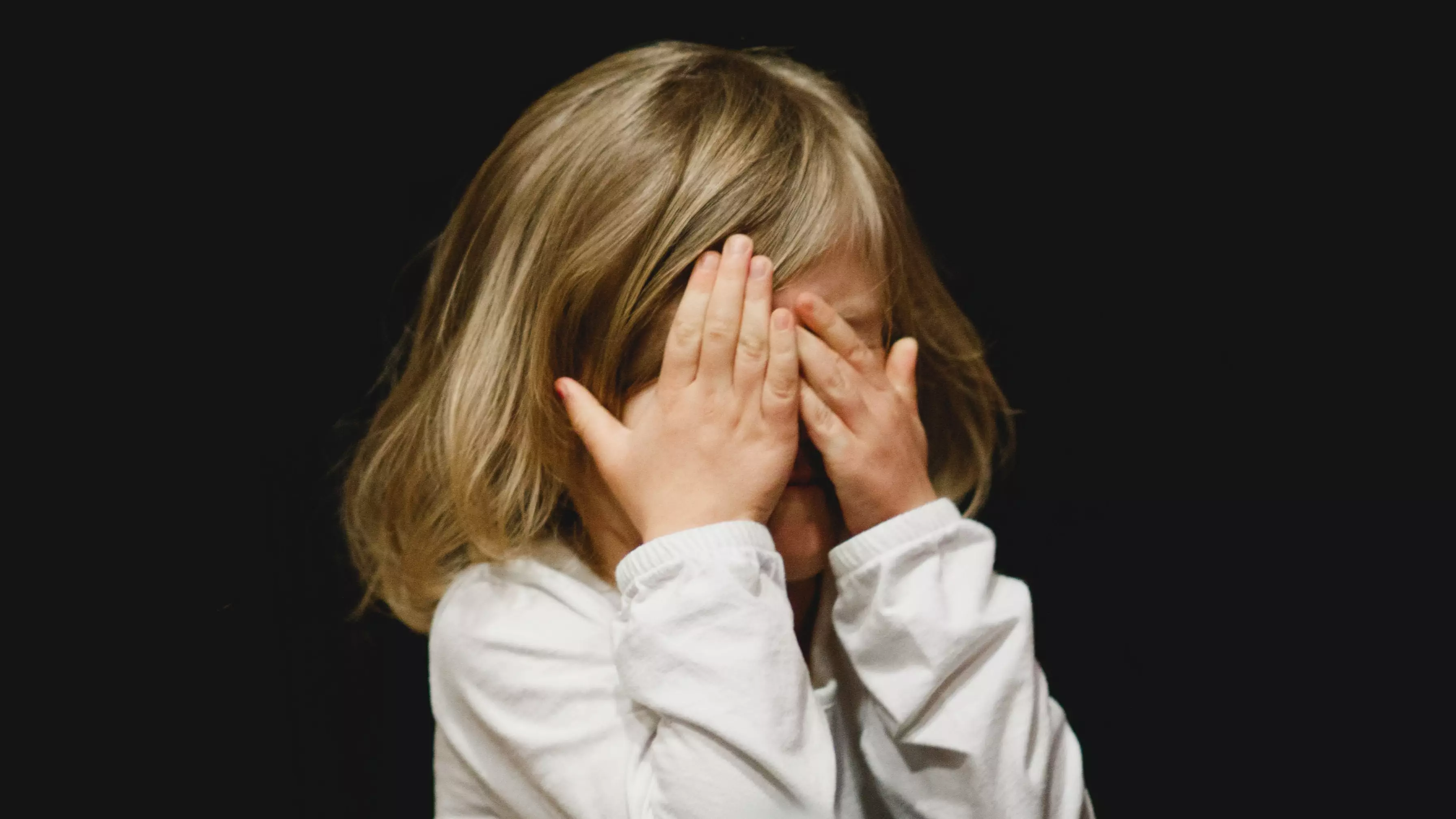
With cases of Covid-19 increasing daily in the UK, it's time we all started to think practically - and that includes how we approach the subject with our children, too.
While some adults have taken to panic-buying, others are sensibly assessing the situation day-by-day and trying to follow health and government advice calmly.
But whichever category you fall in, have you been thinking about the affect all the discussion about coronavirus could be having on your children?
Advert
Jane Evans, a childhood anxiety expert, says that keeping your children at ease with the pandemic starts with you.
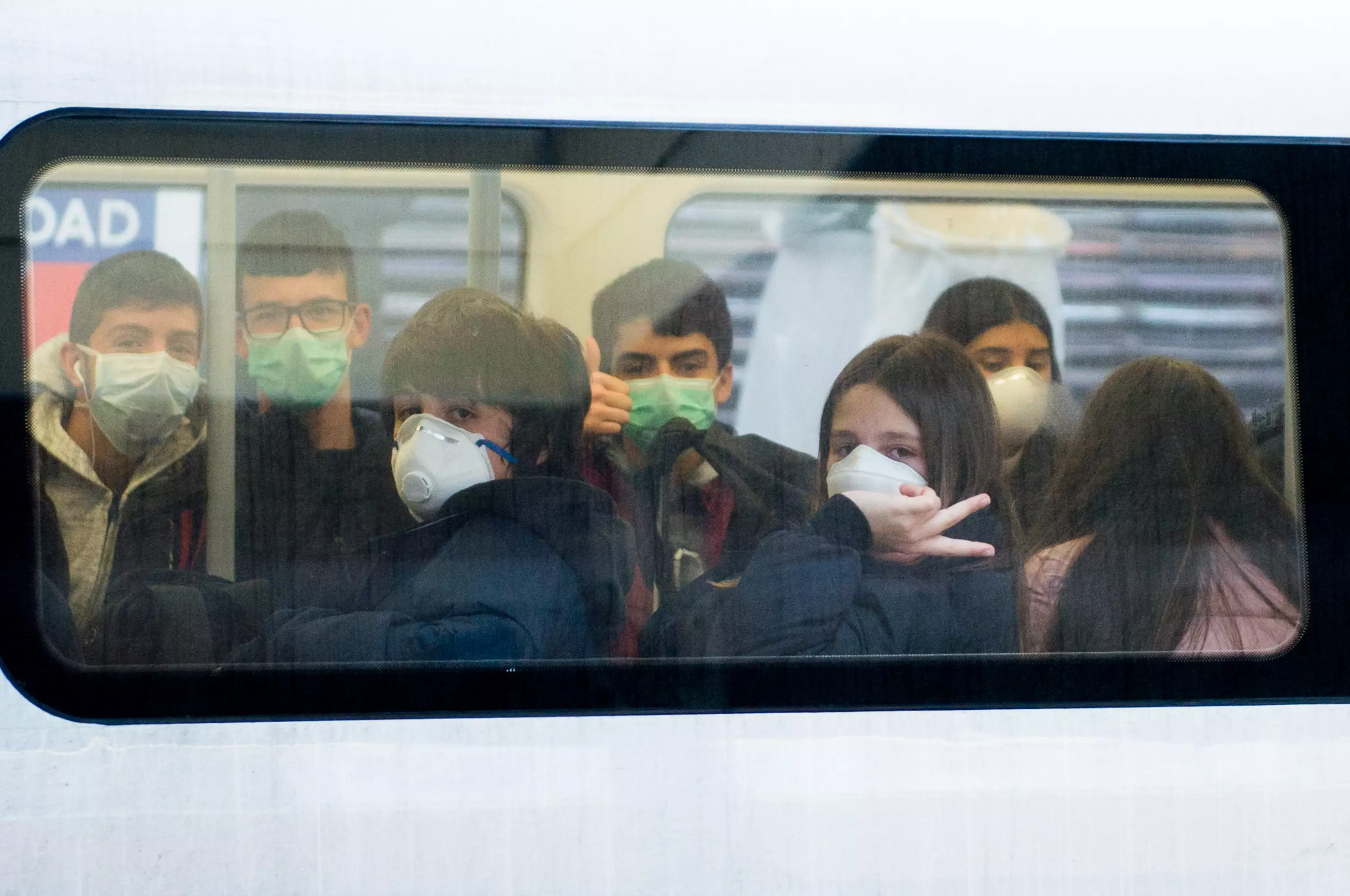
Staying calm and keeping yourself from panicking is the best place to begin as "that's what's your child picks up on," she says.
Jane continues that we should also "leave long explanations aside", keep details simple and focus instead on your children and their feelings.
Advert
But how, specifically, are we meant to update our kids on coronavirus?
Keep negativity at bay
"Explain it is a new illness that is part of the cold and flu family," Jane advises, and if your child has heard that people are dying, refer back to this, explaining these are are common illnesses that many get regularly without dying.
Parenting expert Sue Atkins also advises on her blog: "Change your language around it, so it's not based in fear - say things like 'This is how we keep healthy and stay safe.'"
Advert
Quash any rumours
"Ask them what they know, as school playgrounds and social media could mean they've got the wrong end of the stick," Sue adds on her blog. This way you can dispel any myths as best you can.
Advert
Be reassuring
Sue, who contributed to 'Ant I Viral & the Virus,' a book on Coronavirus and how to speak to children about it says: "Let your child know that adults in authority are working to contain the virus, find a vaccine, and inform the public about specific instructions or health emergencies."
She adds: "Making sure children and teens feel safe, is the ultimate goal in the conversation".
Don't make anything up
Advert
If you don't know an answer to a question a child asks you about coronavirus, don't make it up. Jane explains: "Children can feel if you are just making things up.
"Don't be afraid to say, 'I don't know at the moment, so I am going to focus on enjoying my time at home with you.'"
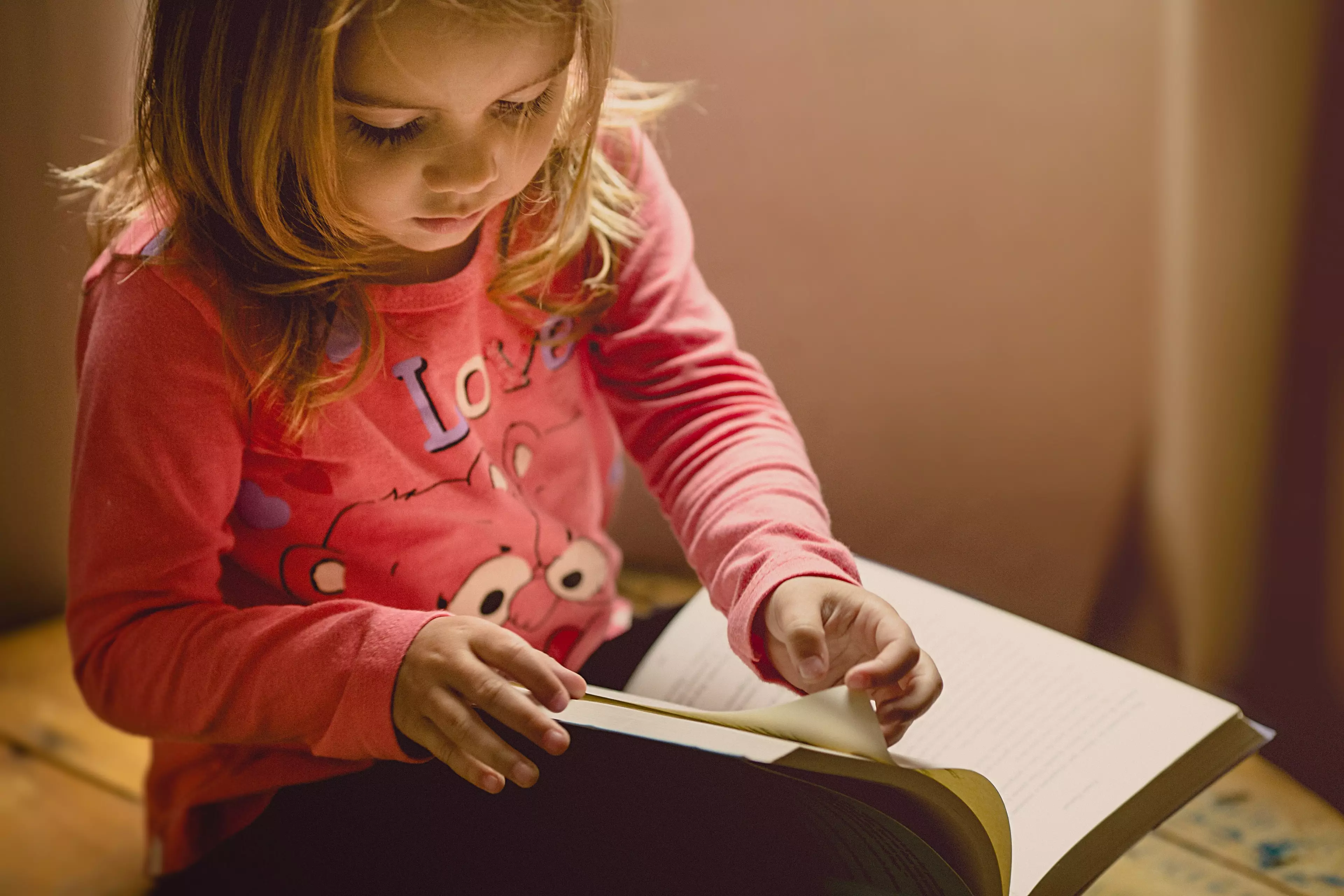
Avoid reeling off facts and figures
"They [facts and figures] can feel overwhelming and a bit meaningless to young children," Jane points out. Instead, tell them less about daily updates on death tolls and "focus on them and their feelings about coronavirus."
Make hygiene fun
"The best way to keep coronavirus away is by simply washing hands well," says Jane.
But it is no use simply telling kids to wash hands - you need to make it interesting to protect them.
The expert suggests: "Have fun finding out how to wash your hands, if it's boring they'll avoid it."
From learning new 20-second verses of songs that aren't 'Happy Birthday', to buying glittery or foamy soap - there are ways to make that chore a little less dull.
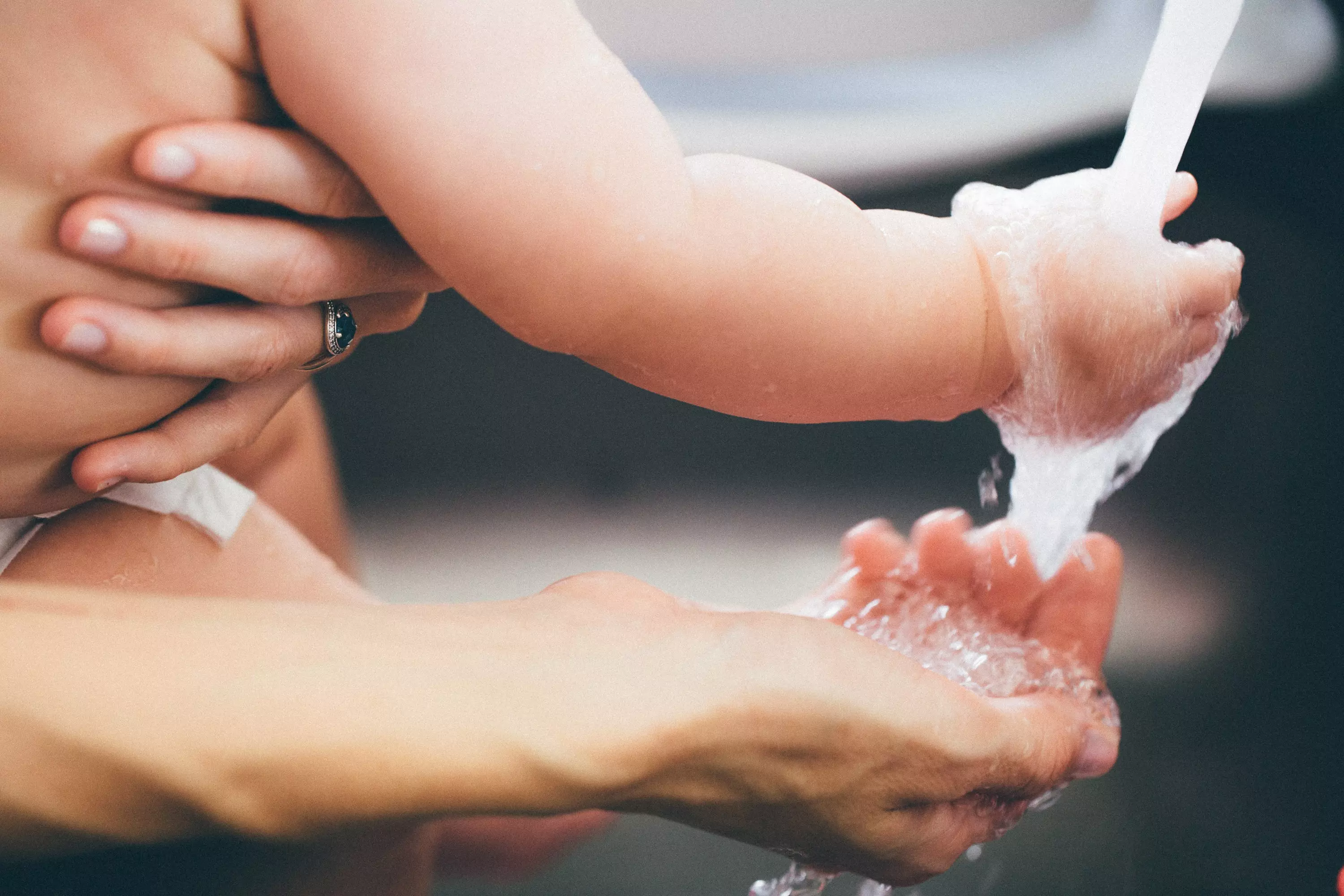
Make them feel helpful
Jane says: "Offer children the chance to be hand washing detectives, reporting back if they find anyone slacking as it will reinforce the message."
Give them a sense of control
You'll probably need to explain that while cold and flu doesn't harm most of us, it can make nannies, grandads and the old lady next door poorly.
Once you've explained that's why you cannot visit older relatives, Jane says you could keep them calm by suggesting you make cards to send to elderly relatives or neighbours who may be stuck indoors "so they feel they are doing something to help".
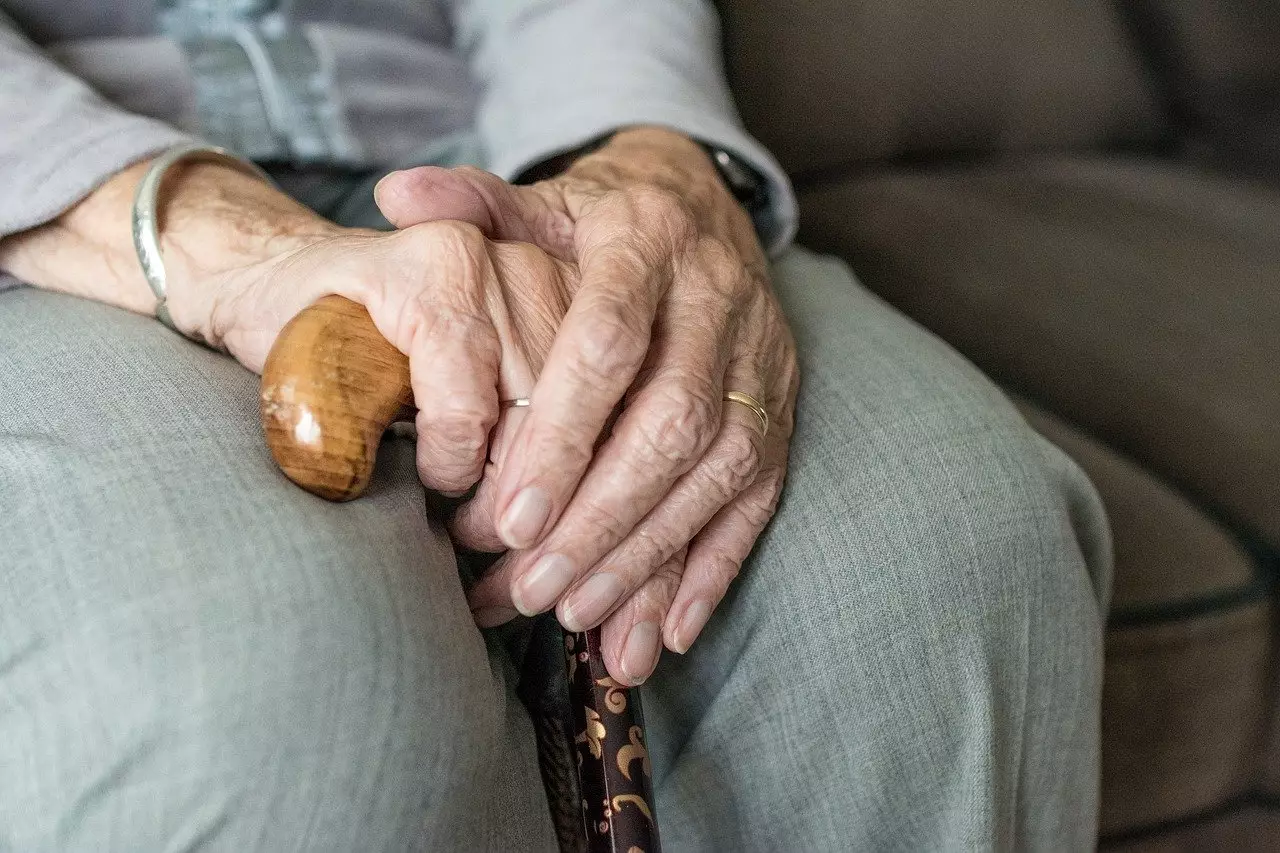
Introduce meditation
Headspace has a free trial of their app available which will teach your child fun ways to experiment with breathing and meditation if they're getting anxious during this worrying time, which may be worth a try.
It might not be for every child, but the app has a special section just for kids to keep them interested. Plus, if they're told to stay at home it could be an extra activity to do once they've exhausted playing video games and reading books.
You do have to sign up with your card details and you'll get one week's free trial (on the monthly billing service) before it starts charging, so be sure to cancel if your child isn't keen.
Decrease anxiety through breathing
Use a technique known as 'box breathing' (also known as square breathing) if your child can't catch their breath and is anxious.
According to Medical News Today, the technique, involving a four-step exercise of counting and exhaling, is "a powerful, yet simple, relaxation technique that aims to return breathing to its normal rhythm."
The outlet adds the method (used by Navy SEALs) can help to "clear the mind, relax the body, and improve focus" and "can be a highly effective technique for people in stressful situations."
Watch the video above on how to put it into practice.
Positive thoughts, guys - it's a time more than ever to keep calm and carry on as best we all can.
Featured Image Credit: UnsplashTopics: Children, Kids, Life, Coronavirus